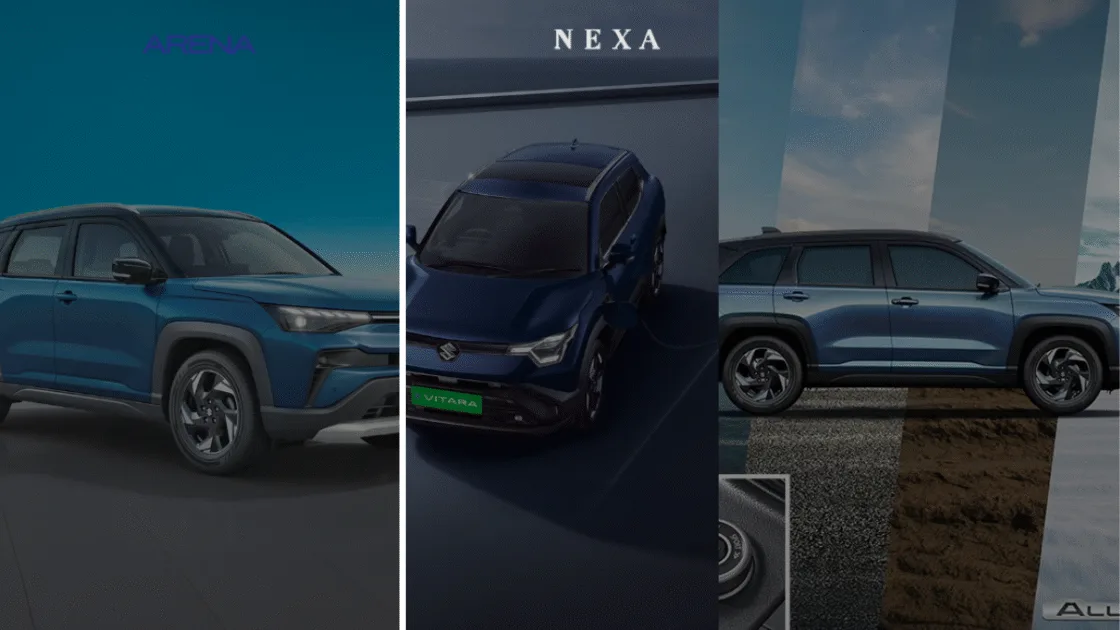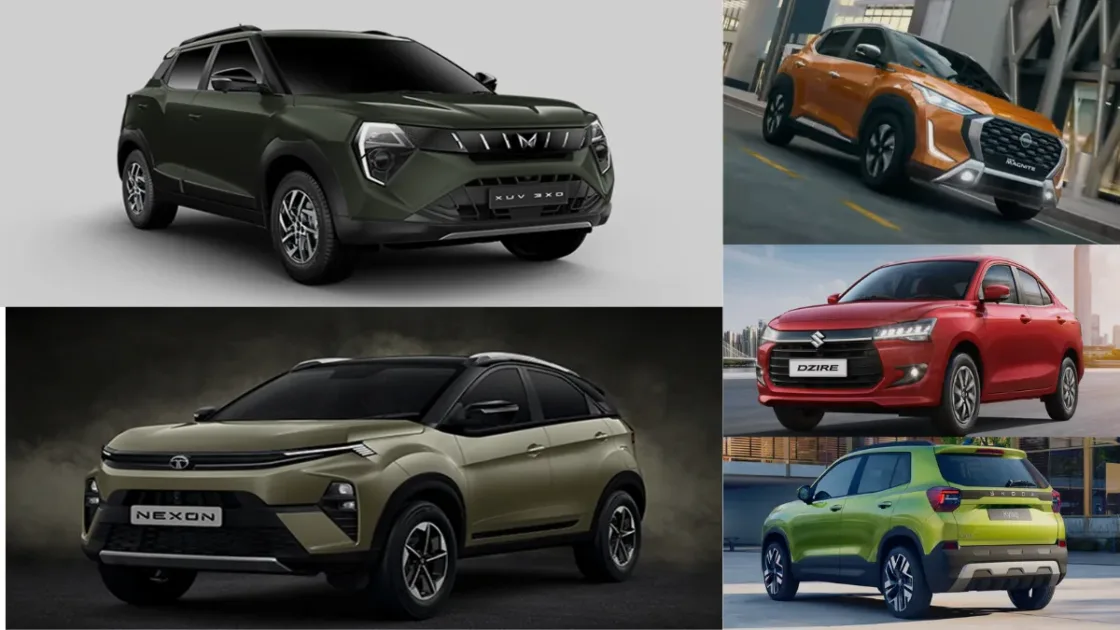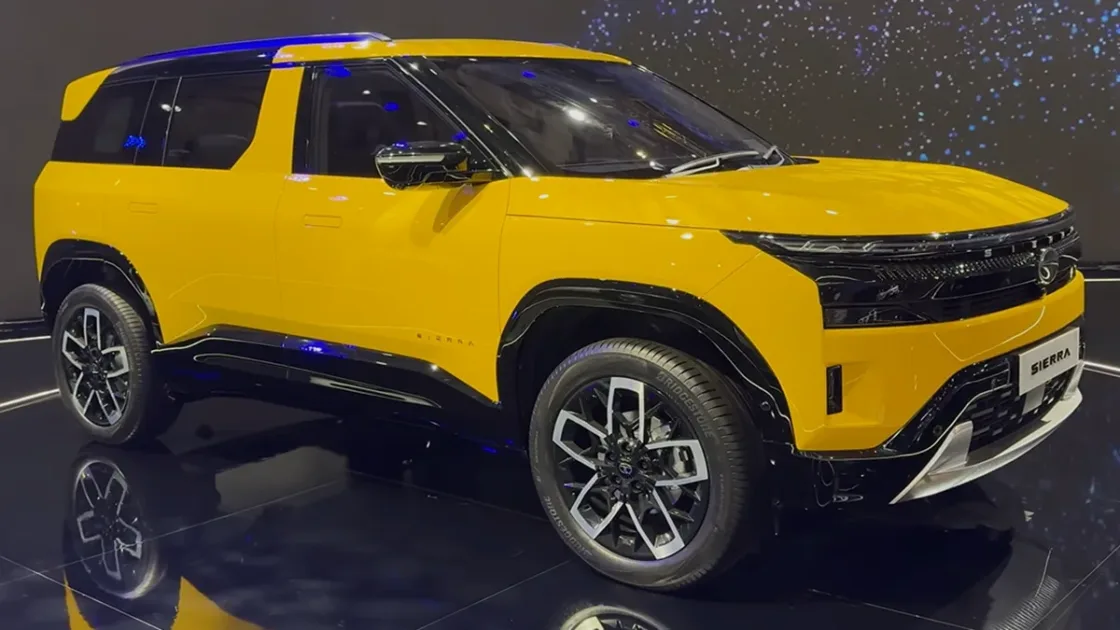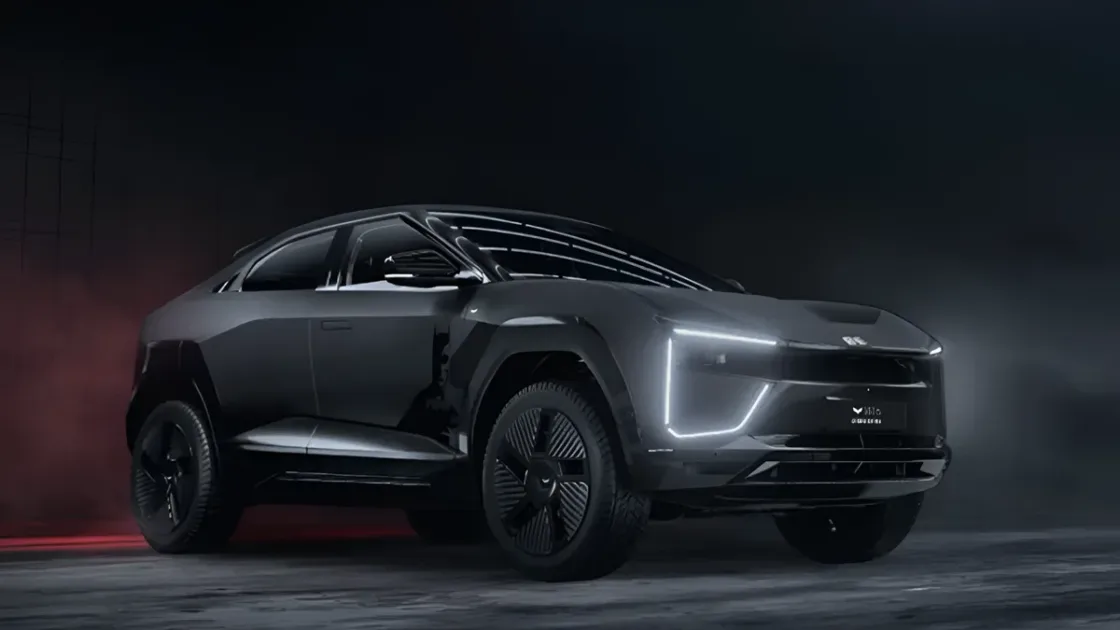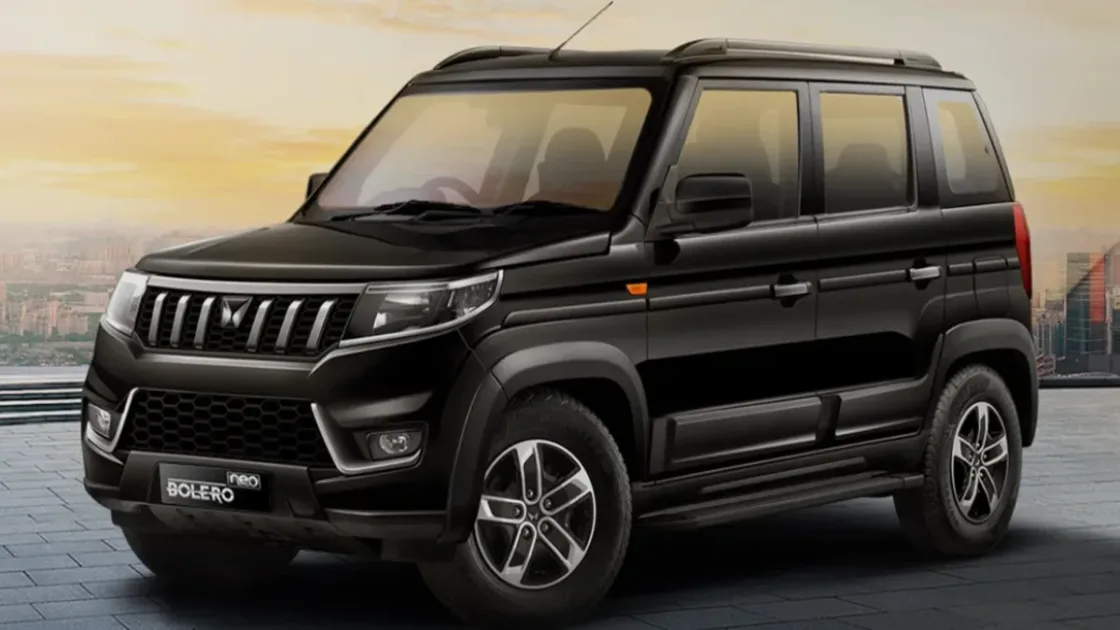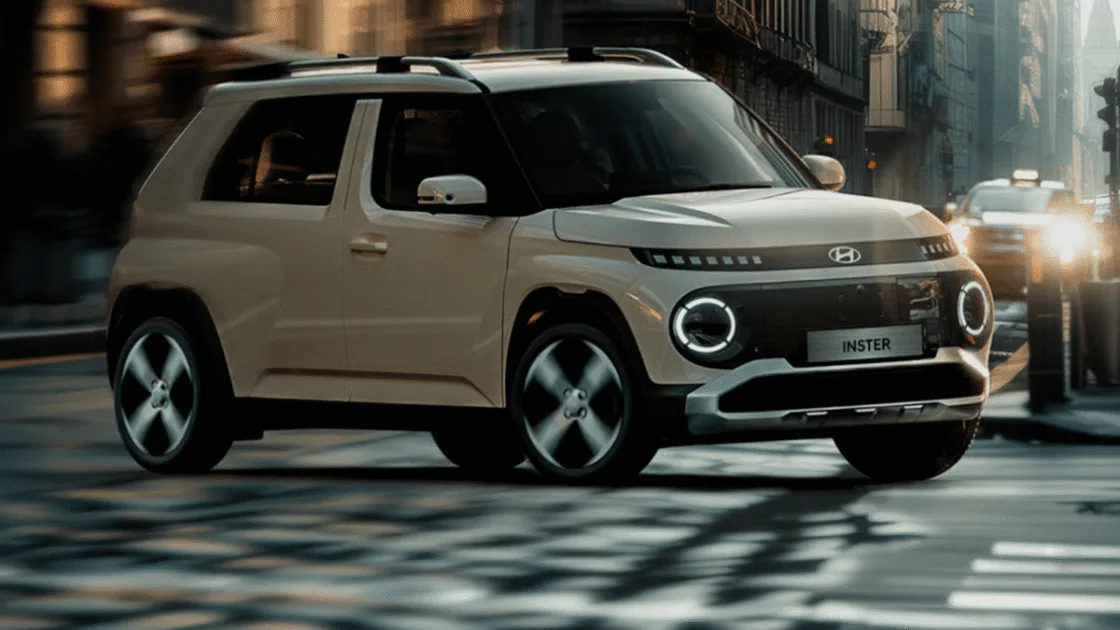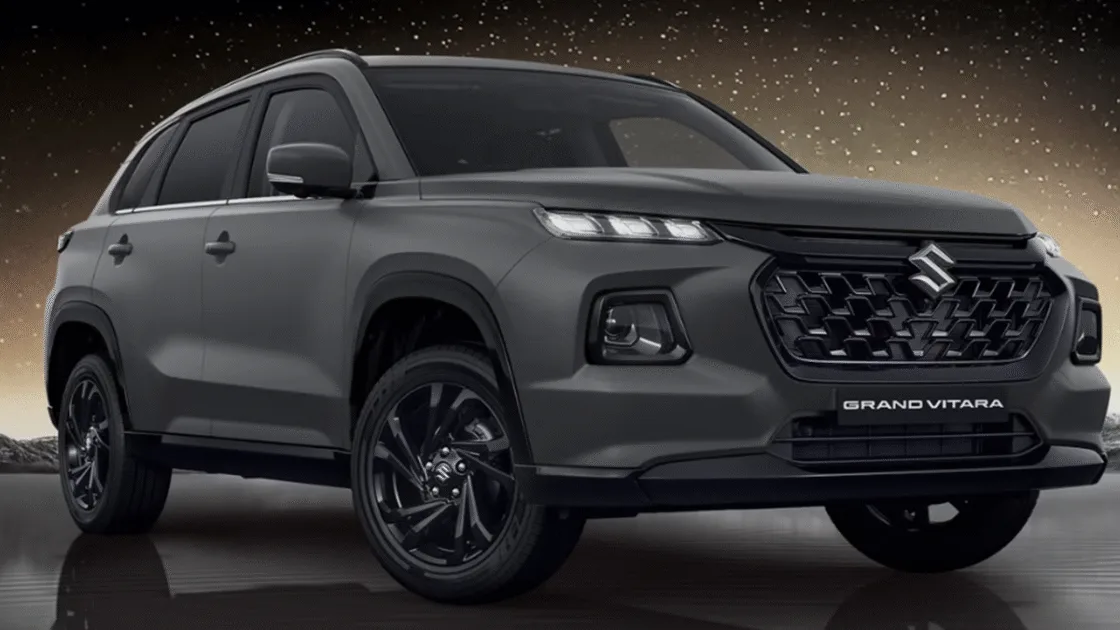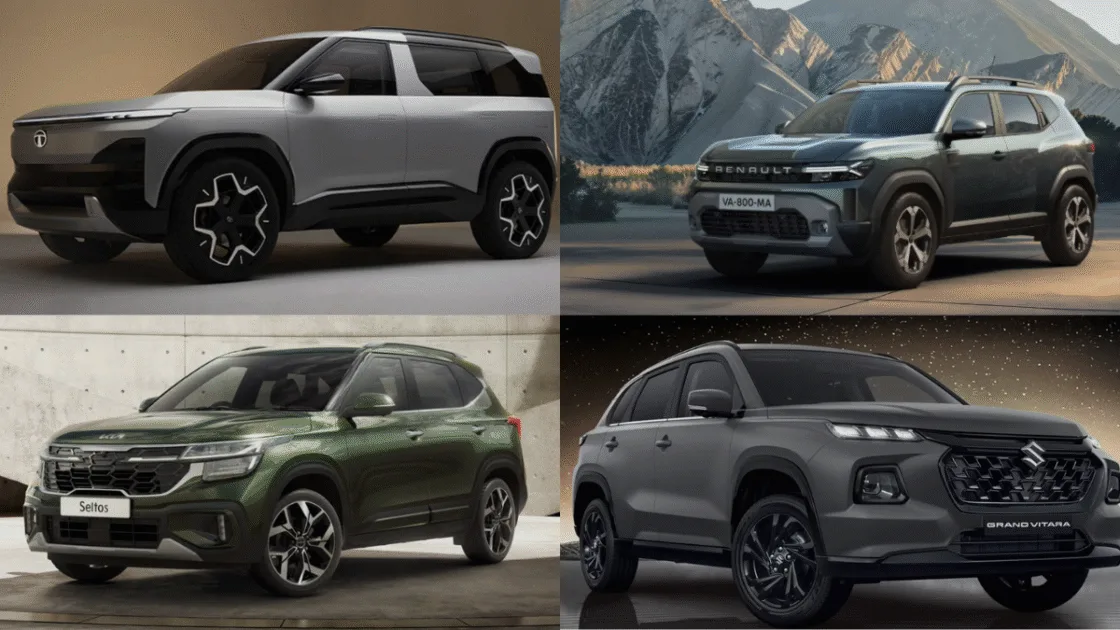The largest automaker in India, Maruti Suzuki, overtakes well-known North American and European firms to enter the global top 10 automakers by market value.
Maruti Suzuki Surpasses Volkswagen and Ford In Market Cap: India’s top automaker is back in the spotlight, riding high on tailwinds from a lower GST. Best renowned for producing cars under four meters, the Indo-Japanese joint venture has overtaken Ford and Volkswagen in market capitalisation to rank as the ninth-highest valued manufacturer globally.
Key Details
| Aspect | Details |
| Achievement | Maruti Suzuki becomes the 9th most valuable automaker globally by market value |
| Market Value (Sep 29, 2025) | Rs. 5,03,044.12 crore (≈ $56.7 billion) |
| Comparison | Ahead of Volkswagen ($54.3B) and Ford ($47.7B) |
| Parent Company (Suzuki Motor Corp.) | 58.19% stake, ranks 17th globally ($28.7B valuation) |
| GST Advantage | Benefits from tax cut on sub-4-meter cars with ≤1.2L engines (29% → 18%) |
| Customer Response | 80,000 inquiries on Sep 22, 25,000+ deliveries post-GST cut |
| Festive Boost | Navratri and Diwali demand driving sales momentum |
| Future Plans | Launch of 1.2L hybrid cars (2026), fuel efficiency up to 35 km/l |
| SUV Expansion | New SUV “Victoris” launched; e-Vitara EV expected by year-end |
| Stock Performance | Share price rose 53.2% YoY (Rs. 10,725 → Rs. 16,435) |
| Industry Benchmark | Outpaced Nifty Auto index rise (43.5%) |
Also Read:- Maruti Suzuki e Vitara EV, Fronx Hybrid, Compact MPV & 7-Seater SUV Launch Timeline
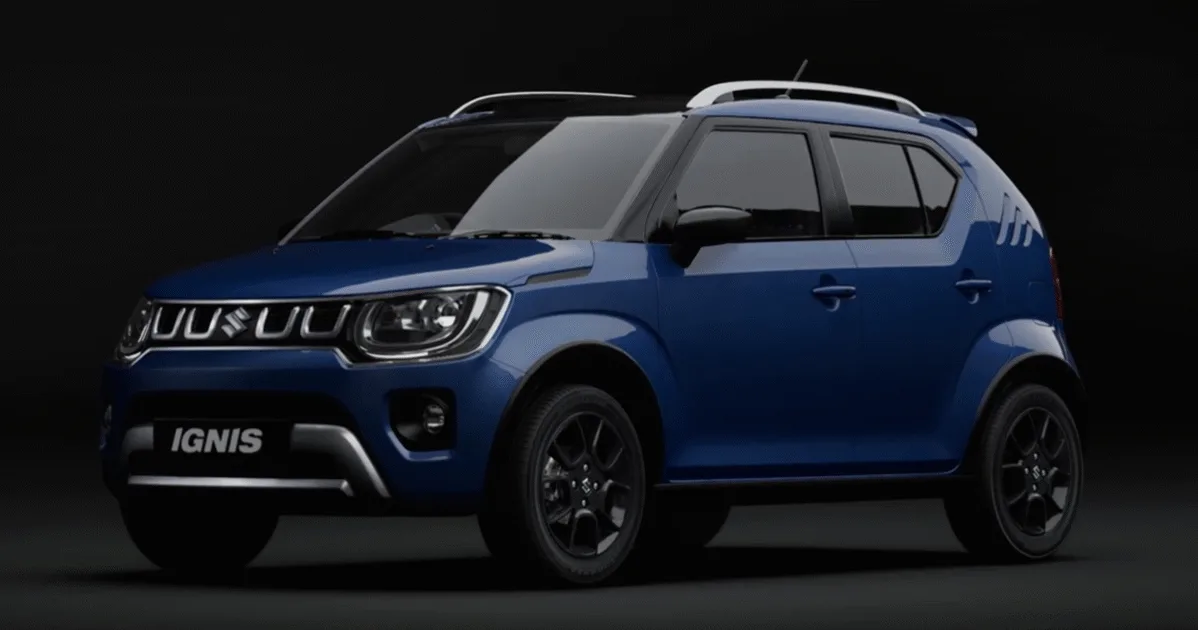
Maruti Suzuki’s Market Valuation
Maruti Suzuki’s valuation as of September 29th is 5,03,044.12 crore (5.0 trillion) rupees, or around $56.7 billion. This places it far ahead of both Volkswagen, valued at 46.2 billion euros (54.3 billion dollars), and Ford, valued at 47.7 billion dollars.
Surge in Demand After GST 2.0 Implementation
According to Partho Banerjee, the company’s senior executive officer for marketing and sales, Maruti Suzuki got 80,000 inquiries on September 22, the day the new GST rates went into effect, and has already delivered over 25,000 cars. The start of Navratri on this date has also increased demand, and because Diwali is quickly approaching, the business appears to be well-positioned for strong growth at the end of the year.
Strong Investor Confidence and Stock Market Performance
Maruti Suzuki’s increasing strength and potential for growth are attracting the attention of investors. The company’s shares reached a 52-week high on September 26th, rising from 10,725 rupees to 16,435 rupees, a staggering 53.2% increase. During this time, not even the Nifty Auto index has increased at this rate (43.5%).
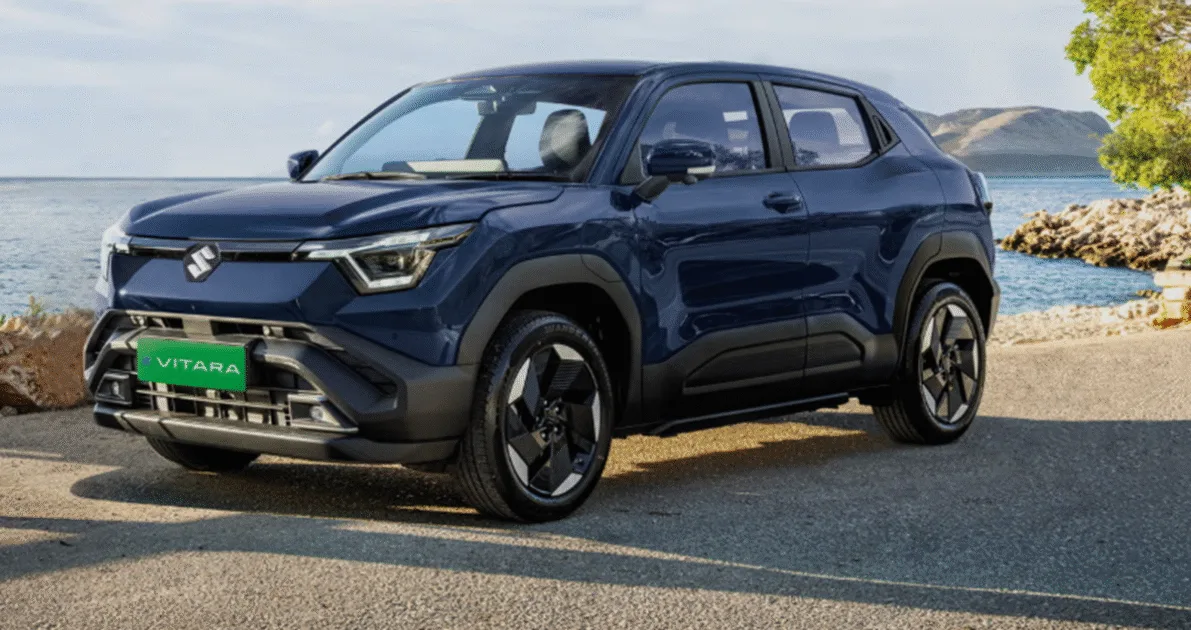
Upcoming Hybrid Cars to Strengthen Market Presence
Beginning in 2026, a slew of 1.2-litre series-hybrid sub-4-meter class vehicles is anticipated to hit Maruti Suzuki showrooms. These fuel-efficient tiny cars, which are anticipated to achieve up to 35 km/l, should help the company maintain its momentum and solidify its place in the small car market.
Suzuki Motor Corporation’s Position in Comparison
With a 58.19% ownership interest, Suzuki Motor Corporation was already well behind Maruti Suzuki. The latter comes in at number 17 with a market valuation of 4.26 trillion yen (28.7 billion dollars). Since Maruti Suzuki specialises in sub-4-meter gasoline vehicles with engines of 1.2 litres or less, it stands to benefit the most from the government’s recent reduction of the GST on this class from 29% to 18%.
Aggressive Expansion in the SUV and EV Segment
The business is aggressively growing its SUV lineup at the same time. It introduced the Victoris, its fifth SUV and a new competitor to Hyundai’s Creta, earlier this month. It will probably introduce the e-Vitara, its first electric SUV, toward the end of the year.
Also Read:- Maruti Suzuki Invicto Secures 5-Star Rating in Bharat NCAP Crash Tests
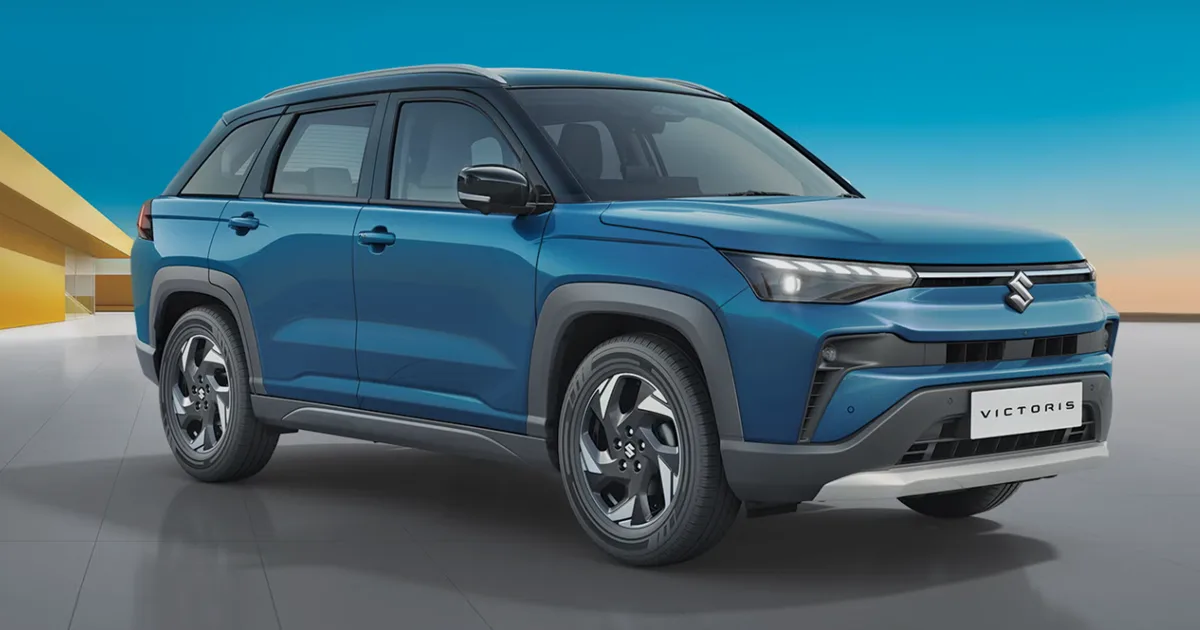
PPX Sayinig
The fact that Maruti Suzuki has made it into the top 10 automakers in the world is a significant accomplishment that demonstrates the resilience of the Indian car sector. Maruti is well-positioned to maintain growth with the GST 2.0 changes lowering prices, the demand over the holiday season increasing sales, and the introduction of new hybrids and EVs expanding its product line.
With a market capitalisation that is higher than that of multinational behemoths like Ford and Volkswagen, India’s biggest automaker is poised to become even more significant on the international scene.

